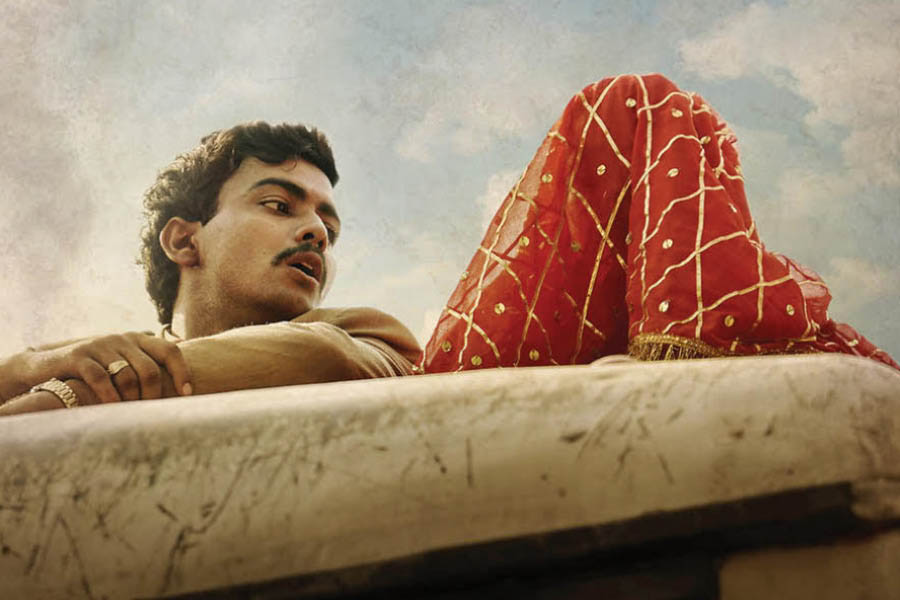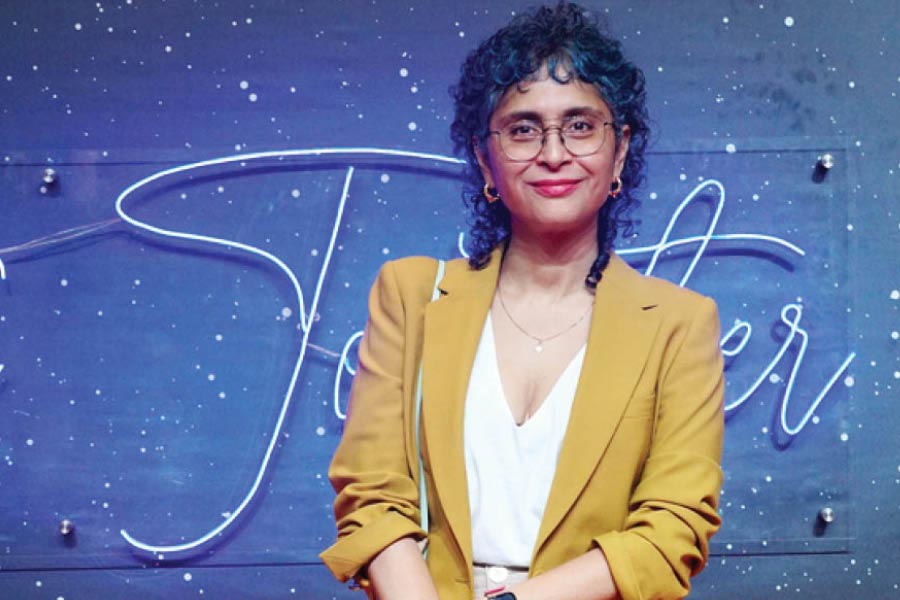Laapataa Ladies, the second film directed by Kiran Rao (she is also the co-producer alongside Aamir Khan and Jyoti Deshpande), is increasingly gaining plaudits as a reference film for women’s rights in India. As the story of two young brides who get exchanged during a train ride, the film’s humorous approach to exposing social issues has proven to be a big hit. The Telegraph Online caught up with Rao to get a better idea of the film’s vision, her experience of returning to directing and what she could have done differently.
How do you think movies like Laapataa Ladies are conversation starters about the realities of women in India?
Kiran Rao: It’s interesting to see people’s reactions to the film and what their takeaways are. I hope it’s a conversation starter because that was the vision for the film. I always wanted Laapataa Ladies to be a point of introspection for women and women’s rights.
Why did you choose to direct Laapataa Ladies? What about the story resonated with you?
Kiran Rao: When the story came to me, it was lovely and simple. It was about two girls getting lost where one girl helps the other to be found. I realised the story had many concerns and experiences that women can relate to. I saw the potential for the story to be narrated in a subtle and humorous way. The movie emerged as a vehicle to share many ideas.
What were the biggest challenges you faced while making this film?
Kiran Rao: My first movie was Dhobi Ghat, and this is my second film, after a big gap (of 14 years). My biggest challenge was feeling prepared after a decade to direct again, given the changes in technology. I also had to work in an unknown location with a fairly new cast. We had to write a lot of the prep work during the Covid-19 lockdown. During the shoot, some of the cast got Covid and had to be replaced. The director of production also got Covid during the first week of the shoot. Other than that, we quite enjoyed the process of making the film.
Laapataa Ladies uses a lot of humour to deal with the topic of gender discrimination. How do you think this impacts the conversation around gender in the film?
Kiran Rao: Satire and humour are great ways to tackle uncomfortable and sensitive issues. Humour tends to disarm the audience and win them over, especially when confronting an ugly issue. Humour has that ability and that’s why we put the script in a realistic tone and introduced humour. Humour also makes for situational comedy, and we wanted to make the movie entertaining while addressing social issues.
Since Laapataa Ladies is set in rural India, how are you ensuring the movie reaches more people from rural India?
Kiran Rao: This is a long-term project. I’m working with people in tier-2 and tier-3 town levels to be able to show the film to girls and women over there. I have had people reach out to me for this and we’re finding ways to collaborate. We hope more people also see this movie on television platforms. I also want to travel to be able to showcase this film to more people.

A moment from Laapataa Ladies
The ghoonghat, which is an essential plot device in your film, is still a norm in many Indian villages today. How do you think this traditional practice impacts the identity of women?
Kiran Rao: The ghoonghat cannot shape someone’s identity if someone is not choosing to wear it. I believe that wearing a ghoonghat should be a woman’s choice and many women can exercise their freedom of thought and choice by wearing a ghoonghat. I believe it is entirely the woman’s choice and an impact of her decision making.
Have you ever experienced a situation due to gender norms where you felt like you were not able to express your identity?
Kiran Rao: Frankly, I’ve not experienced any such situation and I believe it’s a great privilege that I have had. There have been no situations where I felt like I had less opportunities because I’m a woman. I have been fortunate to have a liberal and supporting circle of friends, family and colleagues.
What is the most important gender-related advice you share with your son Azad? How do you raise him for an equal world?
Kiran Rao: I have always taught my son to respect human beings regardless of what gender they are or what gender they choose to be. I have pretty much raised him single-handedly and he has seen strong women in his life as well. Most children learn through seeing and he has pretty much done that. He is cognisant of gender equality in his school as well as at home.
Coming back to the film, is there anything you wish you had done differently in Laapataa Ladies?
Kiran Rao: Perhaps in marketing the film, I could have used other strategies. I strategised based on what I knew, and maybe I could have used social media better. I could have had strategies to reach out to wider audiences.
How is the aesthetic of the film contributing to the message?
Kiran Rao: The film is made with an aesthetic and sensitive gaze towards the characters in the film. I believe this contributes towards the message of kindness and empathy that the film wants to give out.
What are your next projects going to be?
Kiran Rao: I have a lot of projects lined up. One is a drama comedy, another is a supernatural thriller in the suspense genre, and the third is more of a dark comedy. Two of these are old scripts, while the third is a new one.











